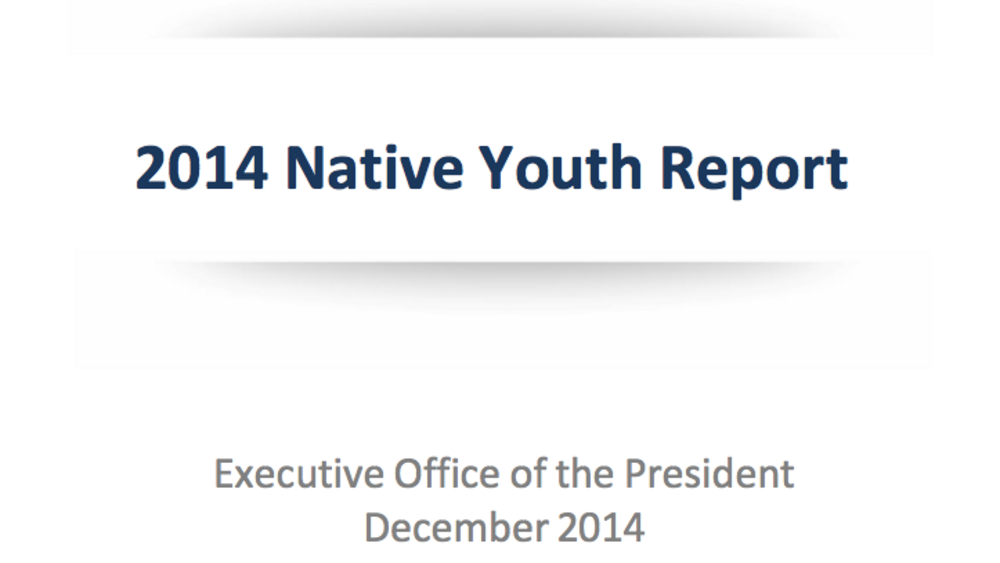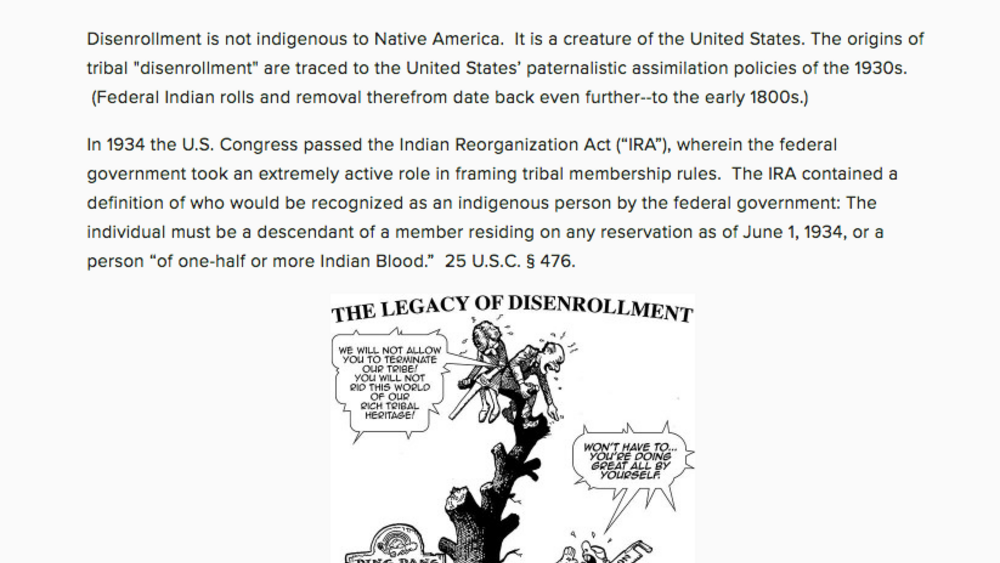Since our nation’s founding, the United States and Native Americans have committed to and sustained a special trust relationship, which obligates the federal government to promote tribalself-government, support the general wellbeing of Native American tribes and villages, and to protect their lands and resources. In exchange for the surrender and reduction of tribal lands andremoval and resettlement of approximately one-fifth of Native American tribes from their original lands, the United States signed 375 treaties, passed laws, and instituted policies that shape and define the special government-to-government relationship between federal and tribal governments. Yet the U.S. government forced many Native Americans to give up their culture and did not provide adequate assistance to support their interconnected infrastructure, self-governance, housing, education, health, and economic development needs.
Additional Information
The U.S. Commission on Civil Rights. Broken Promises: Continuing Federal Funding Shortfall for Native Americans. Briefing Report. (December 2018). The U.S. Commission on Civil Rights: Washington, DC. https://www.usccr.gov/pubs/2018/12-20-Broken-Promises.pdf




